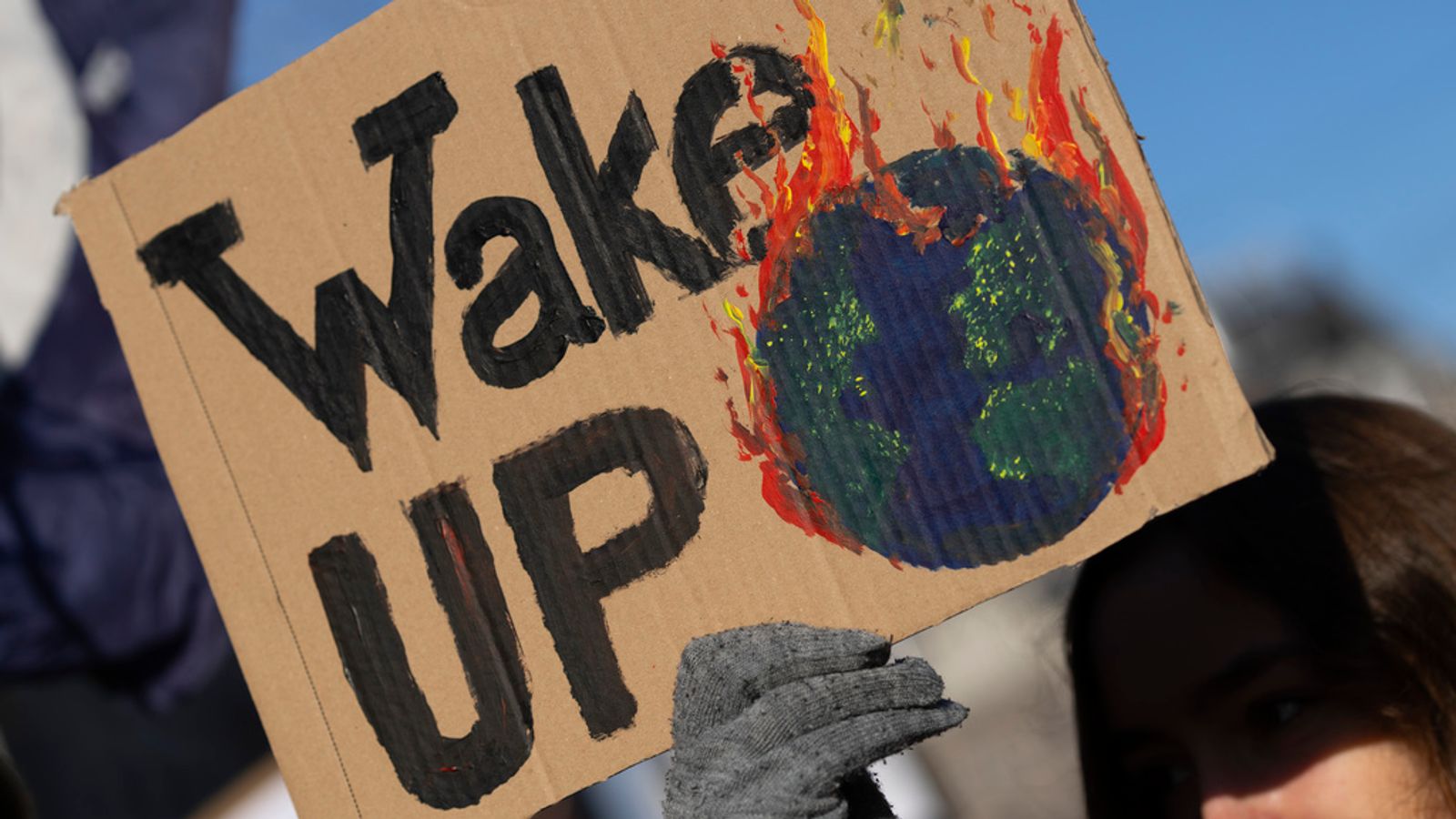Governments’ plans to limit climate change to internationally agreed safer levels will currently not limit global warming enough, according to the United Nations.
Every year, the United Nations assesses countries’ climate action plans – known as “nationally determined contributions” (NDCs) – to see if together they will cut emissions sufficiently to limit global warming to 1.5C above pre-industrial levels.
To meet that 1.5C target – regarded as crucial to stave off the more dangerous impacts of climate change – emissions of greenhouse gases that heat the climate need to fall by almost half by 2030.
Today’s assessment finds that in 2030, emissions will in fact have increased by 9%, compared with emissions in 2010.
This shows a “marginal improvement” from last year, when emissions were forecast to rise 11% in 2030, but emissions are “still not demonstrating the rapid downward trend science says is necessary this decade,” the United Nations’ climate body, the UNFCCC, said today.
UN chief Antonio Guterres said: “The world is failing to get a grip on the climate crisis.”
In a damning assessment, UNFCCC executive secretary Simon Steill said: “Governments combined are taking baby steps to avert the climate crisis.”
Syria President Bashar al Assad’s ‘extensive’ environmental devastation means he should not be invited to COP28 climate summit, report says
Oil boss running COP28 under pressure to present plan at Bonn climate talks
COP28 climate summit offering multi-million pound sponsorship packages for exclusive access
He urged governments to take “bold strides” at next month’s COP28 climate negotiations in Dubai to “get on track”.
The report reminds leaders meeting in the Emirate of the urgent need to tackle climate change, with every year that emissions rise driving up global warming, in turn fuelling more intense heatwaves and floods.
It arrives after a record breakingly hot summer, in a year “near certain” to be the hottest in 100,000 years.
At COP28, the United Nations’ annual climate talks, countries are set to agree a course correction of how to get back on track, in a process known as the “Global Stocktake”.
But a row is brewing over whether or when to phase out fossil fuels – the key driver of climate change – with highly polluting oil-producing countries poised to argue for weaker language.
Read more:
Climate change causing ‘hazard flips’ in countries like Italy
Fossil fuel-producing countries planning enormous expansions
Sunak ‘should lobby other countries to phase out fossil fuels’
Please use Chrome browser for a more accessible video player
Mr Steill said COP28 “must be a clear turning point”.
“Governments must not only agree what stronger climate actions will be taken but also start showing exactly how to deliver them,” he said.
“It’s time to show the massive benefits now of bolder climate action: more jobs, higher wages, economic growth, opportunity and stability, less pollution and better health.”






















